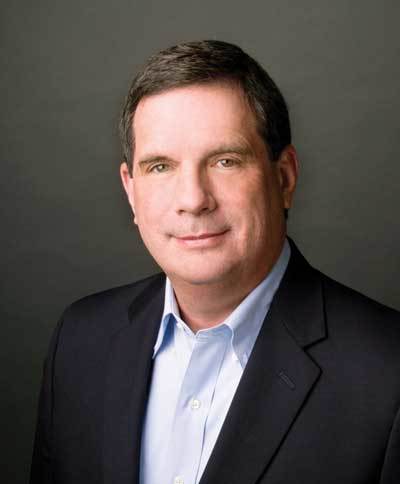Southern Baptist ordination and sexual predators

The recent articles from the Houston Chronicle about sex abuse in the Southern Baptist Convention (SBC) are convicting to me. What can I and others do better to prevent such abuse? How can we better serve, help, and show compassion to the victims?
I know many of you readers are not a part of the SBC, but please allow me to have this “family” conversation. It is too great of an issue to treat lightly.
One of the issues we have in SBC life is how we license and ordain pastors and staff. Each local church has the authority to ordain and license people because of our belief in the autonomy of the local church. In many cases, because our ordination process is so weak, we “bless” new pastoral candidates who may not be ready for ministry at the least, and who are sexual predators at worst.
Here are some of my thoughts on how we ordain, and how we could do so differently, particularly to protect our churches from predators and others who are not fit for vocational ministry.
- Autonomy is not an excuse for irresponsibility. Every local church that licenses and ordains has a heavy and sobering responsibility. We need to examine our processes and how we communicate those processes to the full congregation. No church should vote on a candidate until they are confident the candidate has been vetted in every way possible.
- Background checks should become normative in the ordination process. Some of you may be shocked to learn we likely have more churches doing background checks on church volunteers than we do ordination candidates. And let me confess my own neglect. I have sat on many ordination councils, and I have never asked to see a background check of the candidate. In fact, I doubt a background check was done, because it was not mentioned. Shame on me.
- We should not assume the ordination of a pastor or staff member from another church is sufficient for our church. When churches call a pastor or pastoral staff member, that person should be examined as if a new ordination is taking place. Unfortunately, we cannot always have confidence that the ordaining church did its homework.
- Leaders should insist on vigorous examinations of candidates for ordination. Our polity does indeed advocate local church autonomy, as I note above. But our structure should not be an impediment for good practices. The influence of leaders is often more powerful than the rules of a structure. Leaders, like me, should speak up more clearly and more quickly.
Solving the ordination problem alone will not solve the sexual abuse problem. But it’s a start. Many predators in the pulpits and on church staff got there because we did not ask the right questions nor put them through thorough screening processes.
It’s time to change.
Originally posted at ThomRainer.com.



























